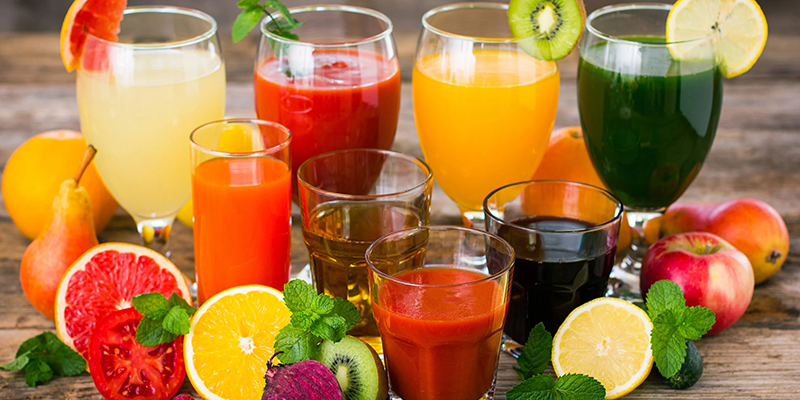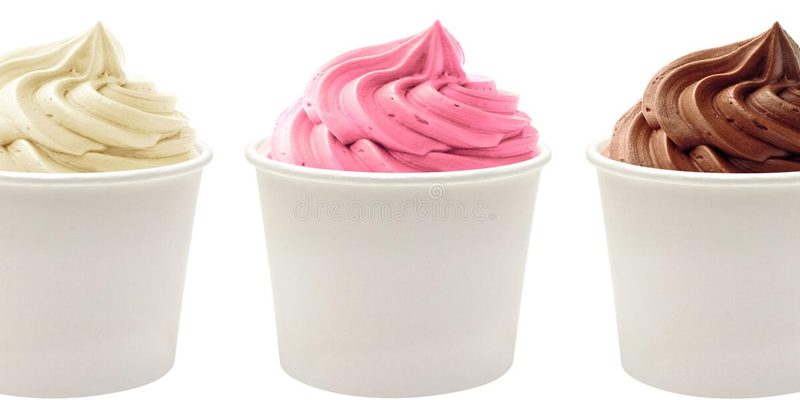In a perfect world, people wouldn’t need to take dietary supplements. The common dietary supplements in our well-balanced meals give our bodies all the vitamins, minerals, and other nutrients they need. On our nightstands or dinner tables, we all have bottles of dietary supplements. A healthy lifestyle that includes eating well and getting enough exercise is now the norm. People try to stay healthy by doing things they’ve heard are good for them.
What are Dietary Supplements?

When the body is lacking in a certain nutrient, it might take a dietary supplement to make up for it. These are the vitamins, multivitamins, and calcium pills. Some of these could also be iron, amino acids, or even plants. Dietary supplements usually come in the form of a pill, a tablet, a powder, or a liquid. One can consume it before or after the meal.
Nutritional supplements come in a wide range of doses and mixes. However, our bodies only need a certain amount of each nutrient to work, and it’s not always true that more is better. Some medicines can have bad side effects or become dangerous if you take too much of them. Legally marketed dietary supplements must carry a suggested daily quantity and a warning not to exceed it. This is to protect the health of customers.
Statistics on the Use of Nutritional Supplements
The market may grow because people are learning more about disorder management diets. Their purchasing power is going up, and lifestyle diseases like obesity, high blood pressure, diabetes, malnutrition, etc. are becoming more common. Due to the fact that mineral dietary supplements and vitamins include micronutrients, water-soluble and fat-soluble vitamins that help the body run correctly and promote mental health, combination dietary supplements had the largest market share.
The worldwide market for vitamins and minerals is estimated to reach $20.7 billion by 2021. The market in India is thought to be worth $178 million. From 2021 to 2025, the Indian vitamins, minerals, and supplements (VMS) market is expected to grow at a 4.48% annual rate. In North India, 38% of people use dietary supplements to improve the look of their hair, nails, and skin. In addition, they also take the supplements for weight loss, since they are aware of their advantages.
Multivitamins make up 22% of the market for multivitamins in India. Consumers favour multivitamins due to their all-inclusive nature. Almost all multivitamins (98%) contain many vitamins, minerals, and plant or herbal supplements. Vitamin D use has gone up because people work more and spend less time outside to consume Vitamin D. Calcium, iron, and zinc, the top three minerals, make up 38% of the market share. 58% of the people in India who buy VMS products are women.
Who Needs Dietary Supplements The Most?

Supplements and vitamins cannot replace a healthy diet. Fruits, veggies, whole grains, enough protein, and healthy fats should give you all the nutrients you need for good health. Due to the way we live today, not everyone can eat well.
Even though we all want to eat well, not many of us consistently eat a perfectly balanced plate of food. Due to our demanding work schedule, we often fail terribly at keeping track of our nutritional supplements. Nevertheless, we can frequently give our bodies a daily boost by including certain health and dietary supplements.
People with busy schedules: People think that superfoods like Super greens, Super vegetables, and Wheatgrass are important nutritional supplements. We don’t always have time to eat fruits and vegetables when we’re busy, so these supplements are a very convenient alternative. When people don’t eat right, one of the biggest problems is that they don’t get enough good protein.
This causes a number of problems, such as less energy, less muscle mass, getting older faster, and bad hair, skin, and nails. Our bodies often want us to consume enough protein. You can avoid all of this by eating protein bars or protein isolate. They are the best choices for between-meal snacks because they are easy to carry and use.
- Disorder management diet:
The clear link between dietary risk factors and cardiometabolic diseases, cancer, and early death is a big reason why most people agree that food is important for keeping your body healthy. In the same way, people are becoming more aware that there might be a link between what people eat and mental illnesses. On the other hand, we can get vitamins and minerals from supplements in addition to the food we eat every day.
- Vegans and older people:
Vitamin B12 is important for making red blood cells and keeping the brain healthy. Vegans might not get enough vitamin B12 because most of it comes from animal products like meat, milk, and other dairy foods. Unless you eat certain foods that are fortified with vitamin B12, vitamin B12 isn’t very common in a vegan diet.
Cereals and soy products are high in B12. Vegans may use flaky nutritional yeast in oatmeal or over salads. Vegans who don’t eat nutritional yeast or foods with added vitamins and minerals may not get enough vitamin B12. In the same way, older people may have trouble getting enough vitamin B12 from their food, which can also lead to insufficiency.
- Pregnant women:
Folic acid is important for the healthy development of a foetus. Folic acid is found in vegetables, cereals, meat, and dairy products. The majority of grain products in the United States, including breads, cereals, flours, pastas, and rice, are fortified with folic acid. Pregnant women are prescribed common dietary supplements like folic acid, often in the form of normal prenatal vitamins, due to the necessity of this vitamin for developing fetuses. Folate deficiency is uncommon in other individuals.
- Diet for weight loss:
A weight loss supplement is a dietary supplement that is claimed to help people lose weight without making drastic lifestyle changes. These nutritional supplements come in different forms, such as capsules, pills, liquids, powders, and bars. There are many different herb and plant extracts, fiber, caffeine, and minerals in these dietary supplements. Four groups of elements are thought to assist people in losing weight or changing the way they look. Many weight loss pills have many different ingredients.
What You Need to Know About Dietary Supplements?

You can get ideas for dietary supplements anywhere, like in ads, from people you follow on social media, or from your neighbors and friends. To get accurate information, you must seek out a diet consultation with the best dietitian in Ahmedabad.
Not all dietary supplements pose health risks, but multivitamins are not likely to be one of them. Still, it is important to be careful when eating or drinking anything. Supplements can cause problems with other medicines or put you in danger if you have liver disease or are about to have surgery.
Also, some supplements have not been tested on pregnant women, mothers who are breastfeeding, or children, so you may need to take extra steps. Some supplements can be dangerous. For example, vitamin K can make blood thinners less effective, comfrey and kava are herbal supplements that can hurt your liver, and beta-carotene and vitamin A may make smokers more likely to get lung cancer.
There are many different kinds of supplements. Dietary supplements, whether they come in pill, powder, or liquid form, often have the same goal: to add more nutrients and improve health. There is at least one nutrient in the food, like vitamins, minerals, herbs, botanicals, amino acids, or enzymes. You can get some of the most popular supplements in a multivitamin, but you can also buy them separately.
A healthy diet is the best way to get the nutrients you need. No matter why you take supplements, one thing is for sure: they can’t make up for a healthy diet. Nutritional supplements add the benefits of a well-balanced diet. To grow and function properly, the body needs supplements and vitamins. Most people get all the nutrients they need from a healthy, well-balanced diet, but some need a little extra help.
Before taking any dietary supplements, talk to a nutritionist in Ahmedabad like Dietitian Dhara Madlani.
Dietary supplements are important for many people because of the era we live in and the way most of us live. There are many reasons for this, such as a poor diet, pollution in the environment, stress, low-calorie diets, a lack of fresh or local vegetables, and the need to fix nutritional deficiencies. We’re all exposed to very high levels of stress, which makes it harder for the body to protect itself from damage caused by free radicals.
Taking nutritional supplements might help the body fight off common and long-lasting diseases. The way dietary supplements are taken and used depends on many factors, such as age, level of physical activity, nutritional status, health problems etc. A healthy diet should be supplemented with nutritional supplements, not replaced with them.
When choosing a supplement, the most important thing to keep in mind is to be clever. Your first step should be to search for the dietitian in near me for your diet consultation. This is because the effectiveness and safety of a supplement may depend on your health and condition.








